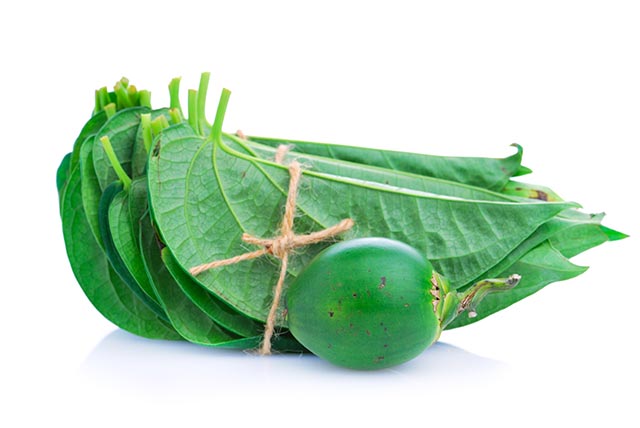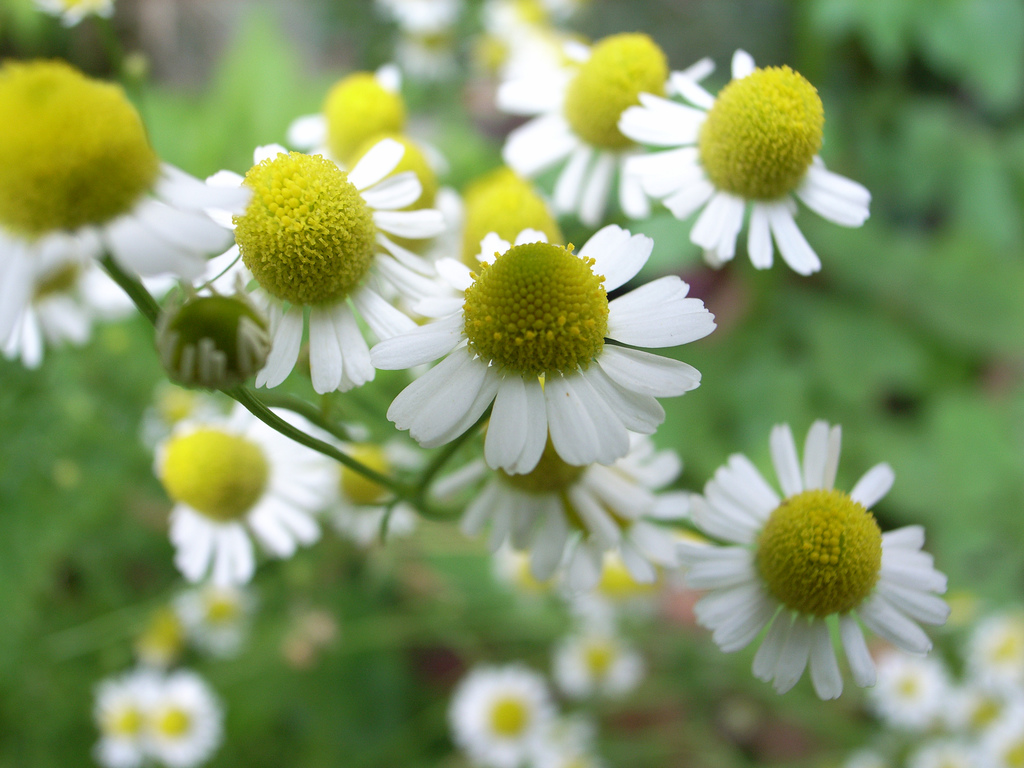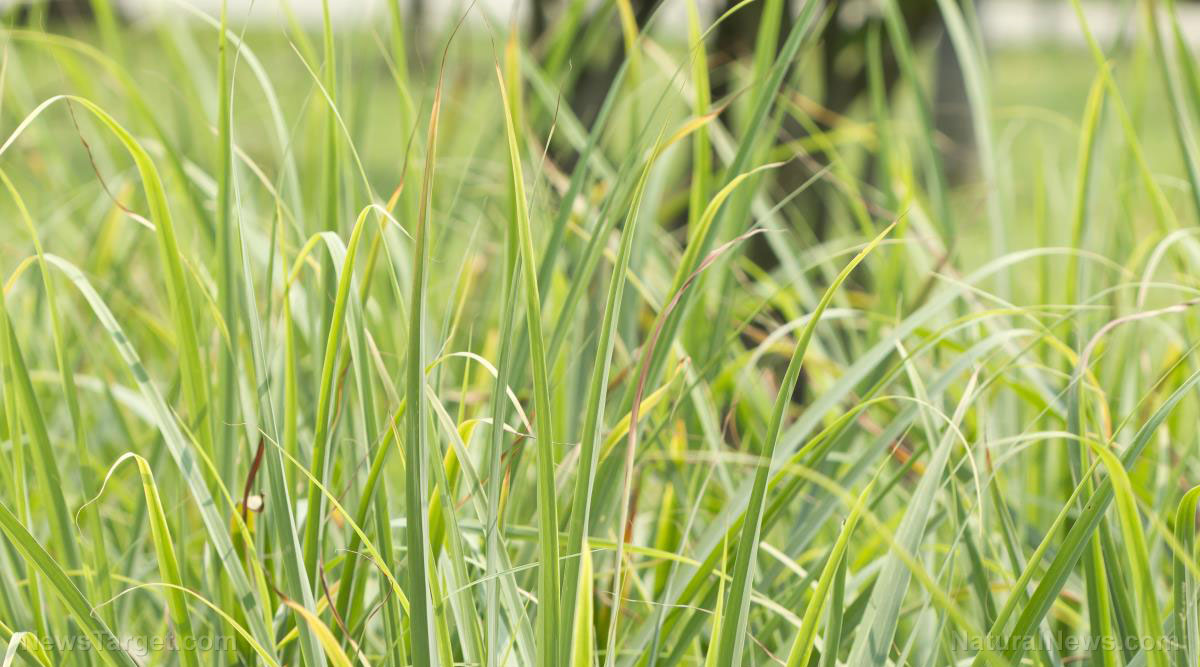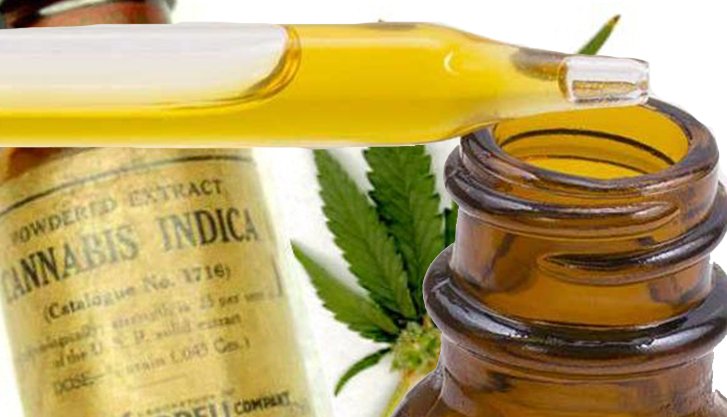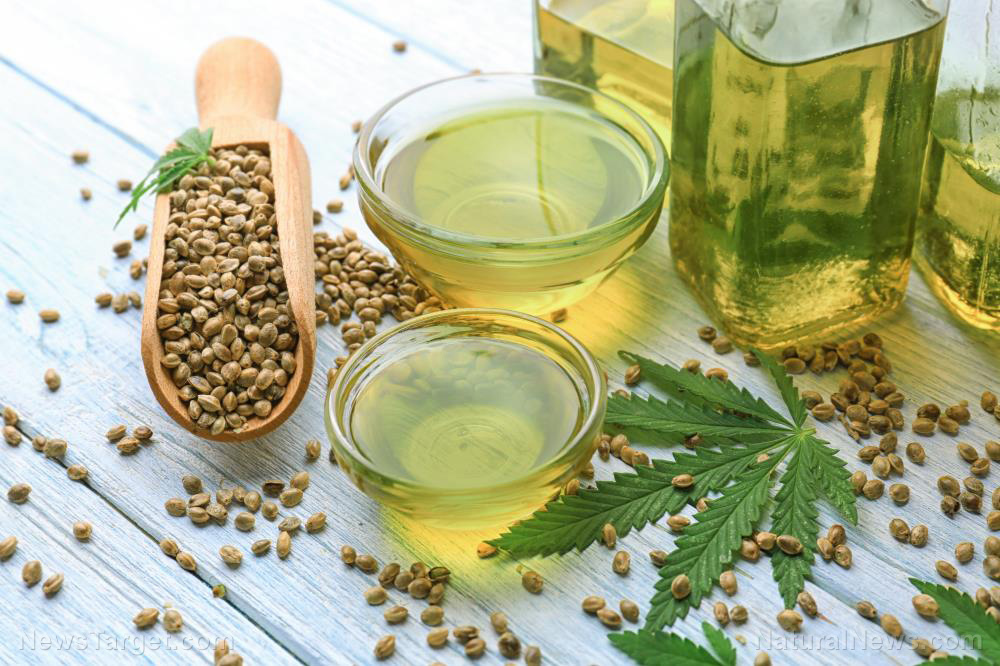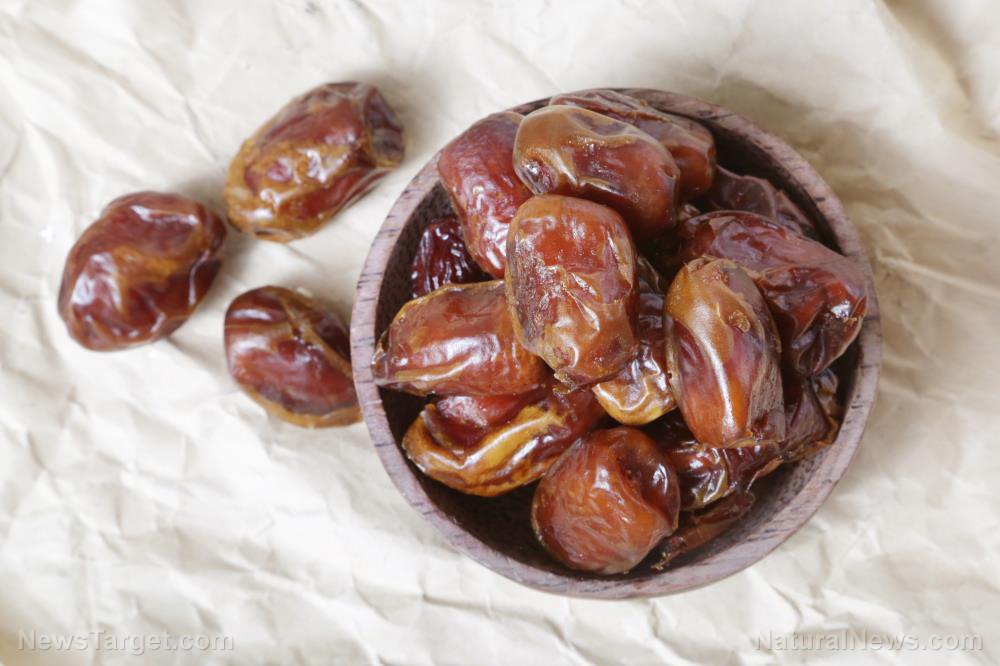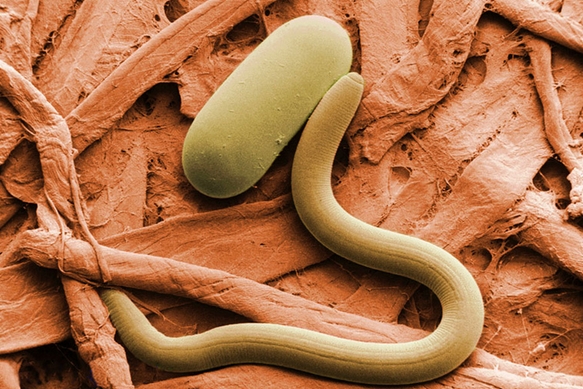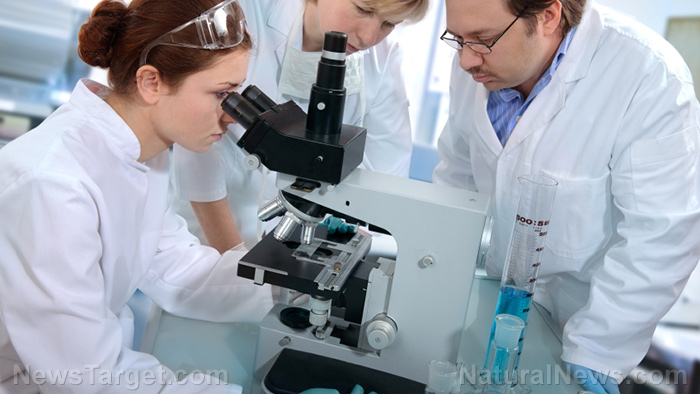Has the cure for MRSA been found? A traditional Côte d’Ivoire medicine shows great potential in treating the infection
10/10/2018 / By Edsel Cook

An African medicinal plant might be a potential means of treating infections caused by methicillin-resistant Staphylococcus aureus (MRSA). Researchers from Côte d’Ivoire studied the therapeutic potential of extracts from cherry mahogany (Tieghemella heckelii), a tree that grows in certain African countries like Cameroon and Côte d’Ivoire.
S. aureus is one of the bacteria commonly involved in infections. Beta-lactams medicines like methicillin are used to treat it and similar Gram-positive bacteria. These medicines are designed to target specific parts of the pathogenic microbe.
However, the overuse of antibiotics has led to the rise of resistant strains of bacteria that can survive treatment. Replacement antimicrobials take a while to develop, so researchers have been studying natural products with antibacterial activity.
In West African countries like Côte d’Ivoire, 80 percent of the population use herbal remedies to treat all manner of sicknesses.
T. heckelli is one of several species of plants that bear the name Baku. Also called cherry mahogany, it is used to treat infections and other diseases. The literature on its effectiveness as an antimicrobial against multi-resistant bacteria has not yet been tested. (Related: Adaptable bacteria: Study shows MRSA adapts to your skin’s environment, increasing its ability to infect.)
Antimicrobial assay of stem bark extracts on MRSA strains
A research group from the Institut Pasteur Côte d’Ivoire (IPCI) in Côte d’Ivoire studied the antibacterial compounds present in the stem bark of cherry mahogany. They determined the potency of its antimicrobial activity against MRSA.
100% organic essential oil sets now available for your home and personal care, including Rosemary, Oregano, Eucalyptus, Tea Tree, Clary Sage and more, all 100% organic and laboratory tested for safety. A multitude of uses, from stress reduction to topical first aid. See the complete listing here, and help support this news site.
The researchers acquired samples of stem bark and subjected the to processes that produced six different extracts. They tested the chloroform, ethyl acetate, ethanol, hexane, methanol and sterile distilled water extracts on six different MRSA strains.
In the antimicrobial assays, they determined the minimum inhibition concentration (MIC) of the extract for each strain. This is the lowest amount of the extract that can fully inhibit the growth of the bacterium.
They also determined the minimum bactericidal concentration (MBC), the least amount of the antibacterial agent needed to outright kill the bacterium. They also determined if the extract is bacteriostatic or bactericidal by comparing the growth of the microbes in differently-prepared batches.
African medicinal plant has the potential to fight MRSA infections
The IPCI researchers found that extracts from the stem bark of the cherry mahogany were potentially effective against multiple strains of MRSA. Depending on the particular extract and strain involved, the minimum inhibition concentration ranged from as low as 0.097 milligrams per milliliter (mg/mL) to a high of 12.5 micrograms per milliliter (mcg/mL).
The ethyl acetate and methanolic extracts expressed the strongest antibacterial activity. They required the lowest MIC values, which were 97 mcg/mL and 45 mcg/mL, respectively.
Furthermore, the methanolic extract was also judged to have the best potential antibacterial agent.
The researchers noted that the inhibition concentrations of the extracts were lower than in earlier studies covering different plants. For example, Xiaowei Su reported in his 2012 study that grape seed extract displayed MIC values of 1,000 to 5,000 mcg/mL.
In comparison, the required MIC of methanolic extract of the cherry mahogany was just 45 mcg/mL. It can be inferred that Baku extract displayed greater efficacy against MRSA than grape seed.
Based on their findings, the researchers concluded that the stem bark of the cherry mahogany contains antibacterial properties, which justify its use as a herbal medicine to treat tropical infectious diseases in Côte d’Ivoire and other African countries. They believe that further studies could identify the active biomolecules responsible for the antimicrobial activity and further refine them for potential use in new antibiotic medicines to treat methicillin-resistant S. aureus.
To learn more about the dangers posed by antibiotic-resistant microbes like MRSA, visit SuperBugs.news.
Sources include:
Tagged Under: African herb, antibacterial, antibiotic resistance, Antibiotics, antimicrobials, bactericidal, cherry mahogany, herbal medicines, methicillin, Methicillin-resistant Staphylococcus aureus, mrsa, Staphylococcus aureus

